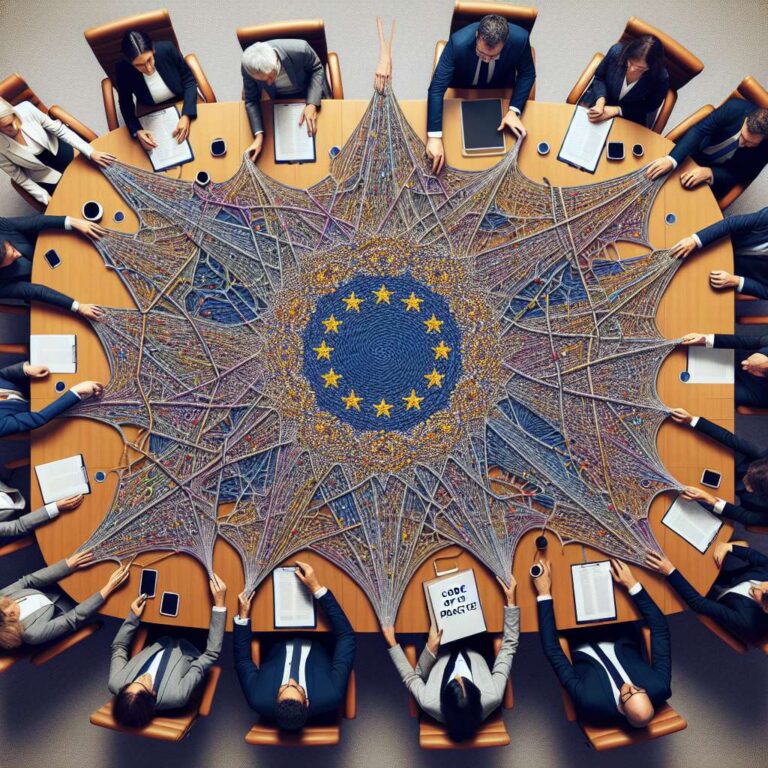OpenAI has announced its intention to sign the European Union’s Code of Practice for General Purpose Artificial Intelligence, contingent on its formal approval during the upcoming EU AI Board adequacy assessment. The Code acts as a compliance framework for the recently enacted EU AI Act, aiming to streamline regulatory obligations for Artificial Intelligence developers across the continent. OpenAI´s move comes alongside the launch of its ‘OpenAI for Countries European Rollout’, marking a strategic commitment to build out Artificial Intelligence infrastructure and talent across Europe.
The company highlights significant demand from European governments and businesses for Artificial Intelligence solutions and points to rapid adoption among millions of users, developers, and enterprises. OpenAI’s technology is accelerating drug discovery with partners like Sanofi, supporting research at leading institutions such as France’s Science Po and Germany’s Max Planck Society, transforming classrooms in Estonia, and powering business growth in new European start-ups like Parloa and Pigment. The Code of Practice, in tandem with the broader EU AI Continent Action Plan, is positioned as a catalyst for Europe’s Artificial Intelligence-driven future, focusing on simplifying compliance for start-ups and smaller businesses, supporting homegrown talent, and ensuring the continent competes globally.
Looking ahead, OpenAI’s European rollout centers on five pillars: expanding data center and computational capacity, scaling Artificial Intelligence-powered education initiatives (notably national rollouts of ChatGPT Edu), building strategic government partnerships tailored to local context and values, supporting country-level startup funds to drive innovation and job creation, and promoting the uptake of Artificial Intelligence across every sector through policy hackathons and ecosystem collaboration. OpenAI also underlines its ongoing commitment to responsible Artificial Intelligence development, referencing its work on transparency, safety protocols like the Preparedness Framework, and participation in global agreements such as the Bletchley Declaration and Seoul Framework. The company pledges to keep safety, transparency, and accountability at the core of its European operations, emphasizing the need for infrastructure investment, regulatory clarity, and public-private partnerships as Europe shapes its Artificial Intelligence future.

